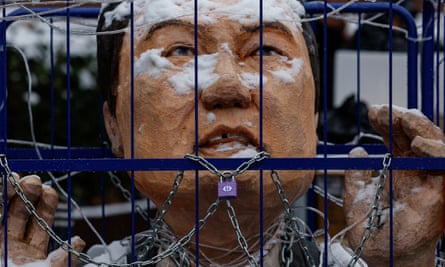December was a month like no other for South Korea.
As the journalist and film-maker Haeryun Kang explains, she was in her pyjamas and ready to go to bed on the night of 3 December when – seemingly out of nowhere – the country’s president, Yoon Suk Yeol, went on national TV to declare martial law. It was necessary, the president argued, to save the country from North Korean sympathisers and communists who had infiltrated the opposition.
It was, the journalist Raphael Rashid argues, a tactic straight from South Korea’s past – to blame any dissent on an imagined enemy within. This time, however, it failed almost as soon as it had started. Outraged politicians from the opposition and Yoon’s own party arrived at the national assembly within hours to reverse the declaration.
The turmoil has continued, with the impeachment not only of Yoon but also his immediate successor, followed by a devastating plane crash at Muan airport on 29 December – the worst ever on South Korean soil – in which 179 people died.
As Helen Pidd hears, with Yoon holed up in his residence seeking to avoid arrest and the country still grieving the dead from the Muan disaster, many South Koreans are struggling to imagine what could come next.







